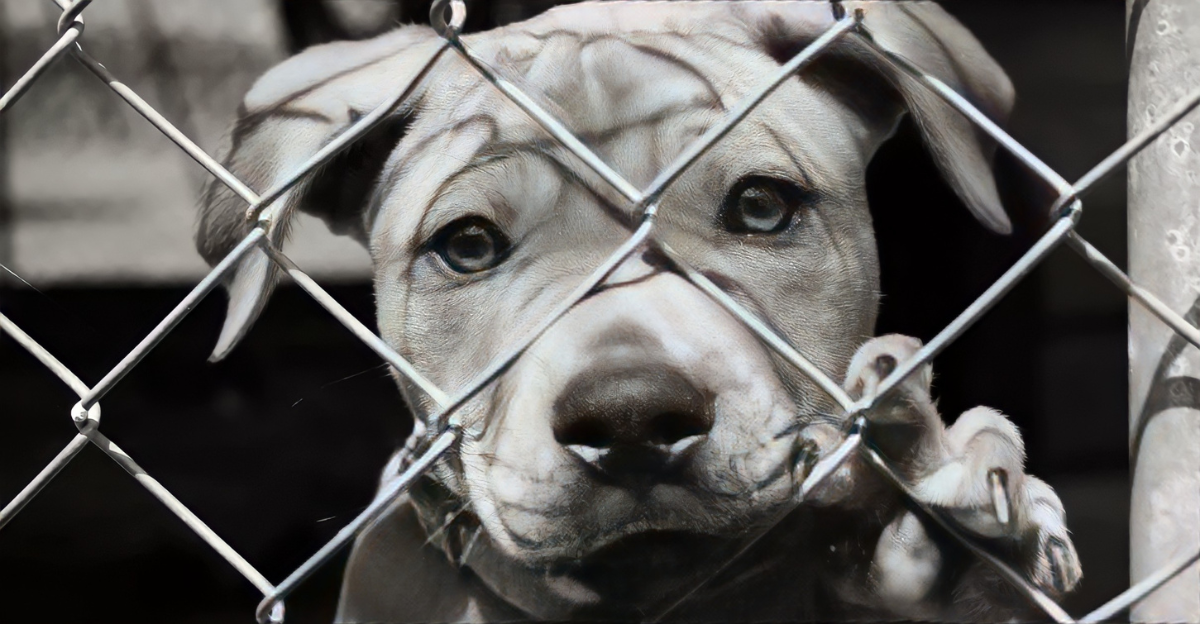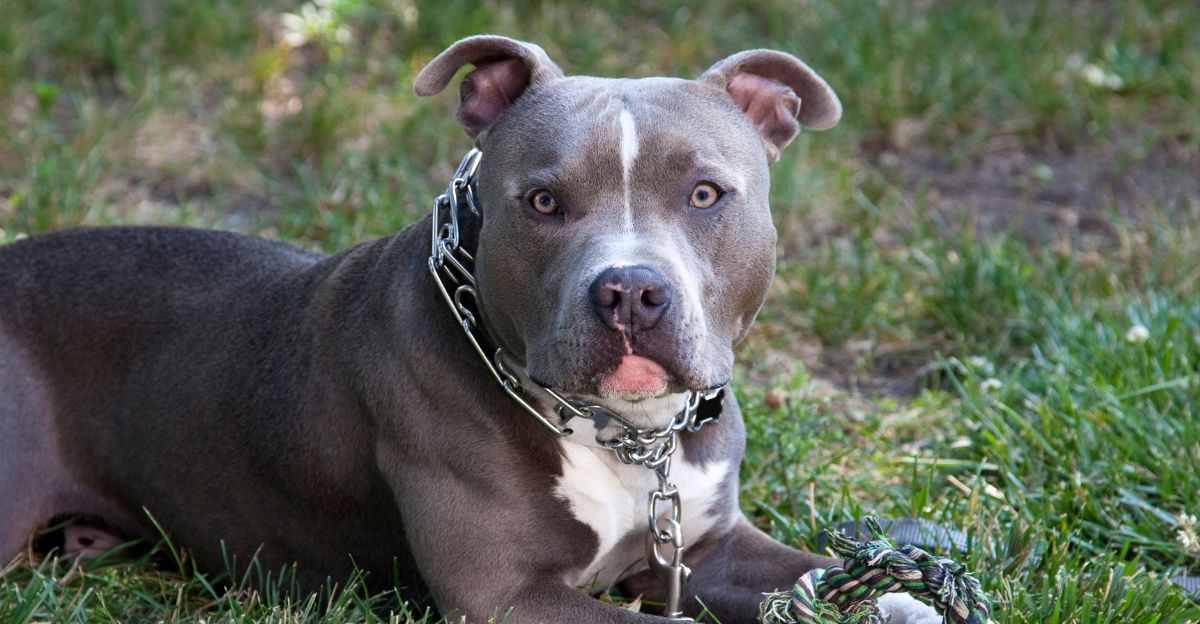
For a long time, pet owners have faced a unique and unprecedented challenge when it comes to insuring their animals. Many insurance companies have refused to offer plans to pet owners with certain breeds of dogs or inflate premiums.
This all comes down to stigma, regardless of the individual dog’s personality. Thankfully, a proposed new policy called Mac’s Law is aimed at this discrimination in Pennsylvania. Mac’s Law is named after a well-loved family pitbull who would never hurt a fly despite his breed’s stigma.
The Law Is Needed

Insurance companies have a history of condemning certain breeds and outright refusing to insure homeowners based solely on genetics. Many companies call breeds like pit bulls, Rottweilers, and German shepherds “risky.”
However, scientific studies have already proven that breed is not an indicator of aggression or liability. It’s entirely up to the dog’s upbringing and personality, meaning that owners with perfectly good dogs were being penalized unnecessarily and without good reason. Breed-specific insurance policies have been proven unfounded, which is why Mac’s Law is desperately needed.
Mac’s Law

The Law could prohibit a few things that insurance companies are currently able to get away with, including canceling, denying, or increasing premiums for homeowner or rental policies based solely on the breed. This means that insurers will have to do more work, investigating the dog’s behavioral history instead of just looking at the breed and calling it a day.
This minimizes unfair treatment of homeowners because they adopted a certain breed. Coverage will now only change or be denied based on each individual dog and its characteristics rather than broad discrimination.
The Effect On Homeowners

If Mac’s Law were implemented, an immediate weight would be lifted off many homeowners’ shoulders. Adopting or owning a pet won’t facilitate higher prices or insurance denials, as it should be. People could rejoice as they confidently know they won’t be treated unfairly for being responsible pet owners.
In the past, insurers have given families and pet owners terrible ultimatums, such as giving up their pets or facing harsh penalties. These consequences will now be abolished as insurers have to do their homework, and if the individual pet is seen as a safe animal, then they cannot take any action.
Renters Benefit Too

This policy change would benefit not only permanent homeowners but also renters, who have faced unfair treatment, sometimes more so than homeowners, because they cannot find places to rent with breeds that insurers blacklist.
Currently, insurers use insurance liability to reject many policies because breeds do not investigate individual dogs’ histories before acting. Mac’s Law would ensure that insurers couldn’t discriminate based on breed, and landlords would be encouraged to have pet policies that include more breeds.
The Effect On Insurers

Insurance companies would be affected by Mac’s Law in various ways. Most notably, they can no longer rely on a predetermined list of breeds deemed “risky.” The entire insurance policy process would have to evolve to cater to dogs in an entirely new way.
Risks would be calculated on a case-by-case basis. Past incidents, such as vet records, bite reports, and other histories, will have to be investigated. This will be invasive to some, but the alternative is insurers flatly refusing to insure homes or giving terrible ultimatums.
Public Safety

There are those who oppose Mac’s Law, stating that it could let aggressive breeds slip through the process and increase the risk of incidents. However, analytics show that most bites come from breeds that aren’t even on blacklisted lists. The most important factors are responsible ownership and good training.
This would lead to a happy and socially behaved dog that won’t cause any incidents. It also means that dog owners will have to take individual responsibility for their dogs rather than breeds as a whole becoming unfairly banned. The policy would create a future where only irresponsible dog owners will face repercussions while the rest of us can breathe easily.
Ripple Effects

The law’s impact would be wide, not just on dog owners and insurers but also on surprising places like animal shelters. Fewer homeowners would be forced to surrender their animals, meaning that shelters wouldn’t be overcrowded.
Adoptions could also increase as families feel confident that they can adopt a pet without fear of future consequences on their insurance policies. Pets should be treated as individuals and not generalized based on how much individual expression dogs can have.
The Consequences Of The Law

Mac’s Law could be strictly enforced and remain consistent with similar laws. Insurers that violate the policy could face large fines and even public reports of offenses. State regulators could also investigate complaints about insurers.
Imagine an environment where anyone who feels that they are being treated unfairly by their insurance company because of their dog’s breed could report them, which would trigger reviews. This will create more transparency on the insurer’s end while fostering empathy toward examples of dogs responsibly cared for.
Setting New Precedents

While Mac’s Law is a proposed legislative change, it could be sorely needed and will soon be introduced in the Pennsylvania House. It would set up a bright future for responsible dog owners looking to insure their homes or homeowners looking to adopt.
By looking at the dog rather than the breed, Mac’s Law perpetuates a more empathetic society – where dogs are seen as capable of compassion, loyalty, and love rather than just what their breed’s stigma perpetuates.
Explore more of our trending stories and hit Follow to keep them coming to your feed!

Don’t miss out on more stories like this! Hit the Follow button at the top of this article to stay updated with the latest news. Share your thoughts in the comments—we’d love to hear from you!







